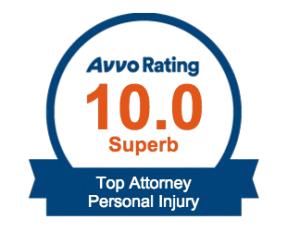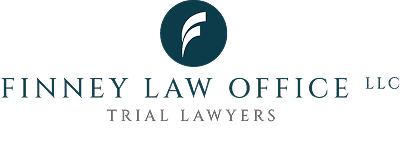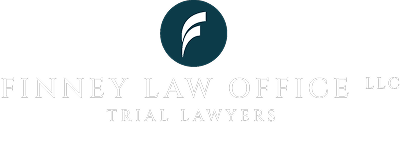
Traumatic Brain Injury, Pt. 2
Moderate and Severe TBI Symptoms
Many of the symptoms exhibited by someone who has sustained a moderate or severe TBI are the same as those of a concussion, but tend to be more intense and longer in duration. Examples include a headache that does not go away, repeated vomiting, inability to be roused from sleep and/or markedly increased disorientation, anxiety and restlessness. Below is a checklist encompassing signs and symptoms associated with moderate and severe TBI.
Checklist of Moderate and Severe TBI
- Worsening headache that will not go away
- Weakness, numbness or decreased coordination
- Dizziness
- Feeling slowed down
- Repeated vomiting or nausea
- Slurred speech
- Appearance of drowsiness or inability to rouse the person
- Sensitivity to light and sounds
- Blurred vision
- Uneven size of pupils (the black part in the middle of the eye)
- Convulsions or seizures
- Impaired ability to think, concentrate or to remember, including inability to recognize familiar people and places
- Impaired balance and coordination
- Confusion, restlessness and agitation
- Unusual or odd behavior out of character for the person
- Loss of consciousness, typically ranging from 20 minutes to six hours
If a person demonstrates any of these symptoms and/or has lost consciousness—no matter how briefly—it is important to seek medical attention immediately. TBI can result in permanent disability or death and prompt medical treatment can make a lifesaving difference.
Symptoms in Young Children
TBI in young children, and particularly babies, can be very difficult to diagnose. They may demonstrate some of the symptoms above, but caregivers or parents should watch for other warning signs as well, including:
- Will not stop crying and cannot be calmed down
- Headache that persists
- Loss of interest in playing or favorite toys
- Loss of skills, such as talking, toilet training, crawling, etc.
- Loss of balance and trouble ambulating (walking, crawling, turning over)
- Will not nurse or eat

Why Choose Finney Law Office?
-
Personal Attention AlwaysWe intentionally limit our caseload so every client receives direct attorney involvement and individualized strategy.
-
Trusted in St. LouisWith decades of experience serving the St. Louis community, we’ve earned a reputation for integrity, skill, and results.
-
Innovative Focus GroupsWe strengthen cases through real jury-tested focus groups—an approach so trusted, other law firms ask us to run them.
-
Prepared for TrialFrom day one, we treat every case as if it’s headed to trial, building leverage for maximum recovery.
It is important to note that these tests are not entirely conclusive. It is possible to have sustained TBI—even one with serious, lifelong effects—without a positive finding on any of these tests. Despite the incredible advances and sophistication of diagnostic testing and tools, medical and scientific capacity for discerning the source (pathogenesis) of brain injury remains incomplete. In other words, negative findings of a brain injury on any and all of these tests do not imply that there is no concussion.
If a healthcare professional determines further evaluation or treatment is merited, he/she may refer the patient to a neurologist, neuropsychologist, neurosurgeon, or specialist in rehabilitation (such as a physical, occupational or speech pathologist). They key to an optimal level of recovery is getting help by trained specialists as soon as possible.
-
About Us
-
FAQ
-
Blog
-
Results








.png.2509120846195.webp)


